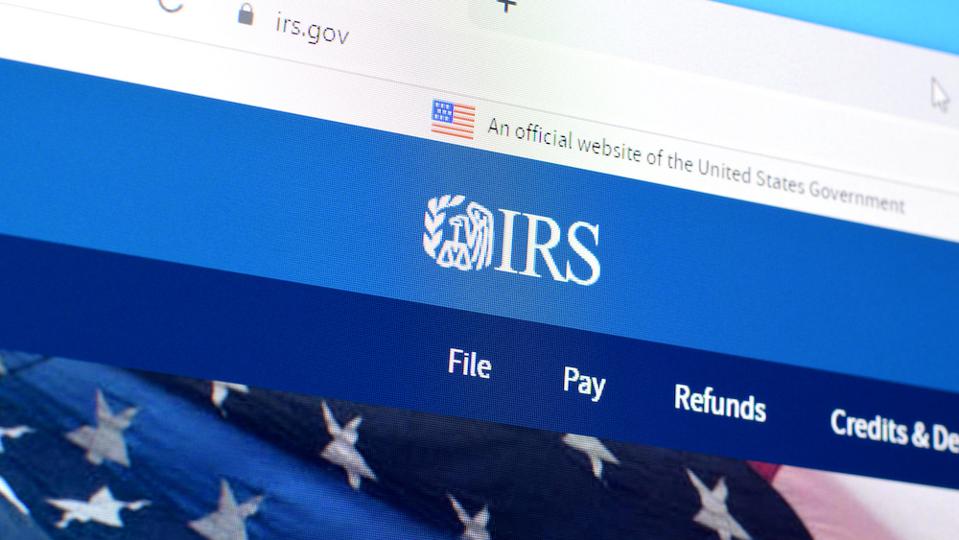On May 12, 2020, the Internal Revenue Service (IRS) issued two notices that impact benefits that fall under an employer’s Section 125 Benefits. Below are some key points to know about these notices.
Plan Amendments
All the relief items issued in IRS Notices 2020-29 and/or 2020-33 do not have to be implemented by an employer group, but they can choose to do so. For those that decide to put one of these relief provisions into place, an Amendment will need to be made to the Section 125 Plan Document.
Cafeteria Plans
Additionally, employers can choose to amend their plans to allow for Mid-Year Election changes during the 2020 Calendar Year. A cafeteria plan sponsor, although not required to do so, may amend its plan to permit employees to make the following prospective midyear changes:
- Make a new election on a prospective basis, even if they initially declined coverage
- Revoke a previous election for employer-sponsored health coverage and enroll in other employer-sponsored coverage OR provide in writing that they are covered by nonemployer-sponsored coverage
- Revoke an election, make a new election, or decrease or increase an existing election for a HealthCare FSA, Dependent Care FSA, or a Limited Purpose FSA
HealthCare FSAs & DCAs
Grace period extension: Employers may amend their plans to allow employees to use unused amounts in their FSAs and DCAs as of Dec. 31, 2019, to pay for expenses incurred before Dec. 31, 2020 – thereby extending the grace period a full year. This extension for incurring claims is available to both cafeteria plans that have a grace period and plans that also provide a carryover.
Carryover increase: The carryover amount for FSAs has increased from $500 to $550 to account for inflation. Employers must adopt a plan amendment by Dec. 31, 2020, which can be retroactive to the 2020 plan year
HDHP Relief
COVID-19 testing and treatment. The IRS previously issued Notice 2020-15, which allows HSA eligible HDHPs to cover COVID-19 testing and treatment at 100%, with no cost-sharing to employees, even before the deductible is met. This clarifies that expenses incurred after Jan. 1, 2020, as well as which expenses are considered COVID-19 testing and treatment.
The first day of each month of coverage The first day of the period of coverage The date the premium is paid
Telemedicine: The Coronavirus Aid, Relief, and Economic Security (CARES) Act allows HSA eligible HDHPs to cover telehealth services at 100%, with no cost-sharing to employees, even before the deductible is met. This also clarifies to include telehealth services provided after Jan. 1, 2020.
Individual Coverage Health Reimbursement Arrangements (ICHRAs)
These guidelines provide that an ICHRA is permitted to treat healthcare premiums as incurred on:
- The first day of each month of coverage
- The first day of the period of coverage
- The date the premium is paid
With this guidance, payment of the premium for coverage made before the beginning of the plan year can be reimbursed if the insurance coverage starts during the plan year
